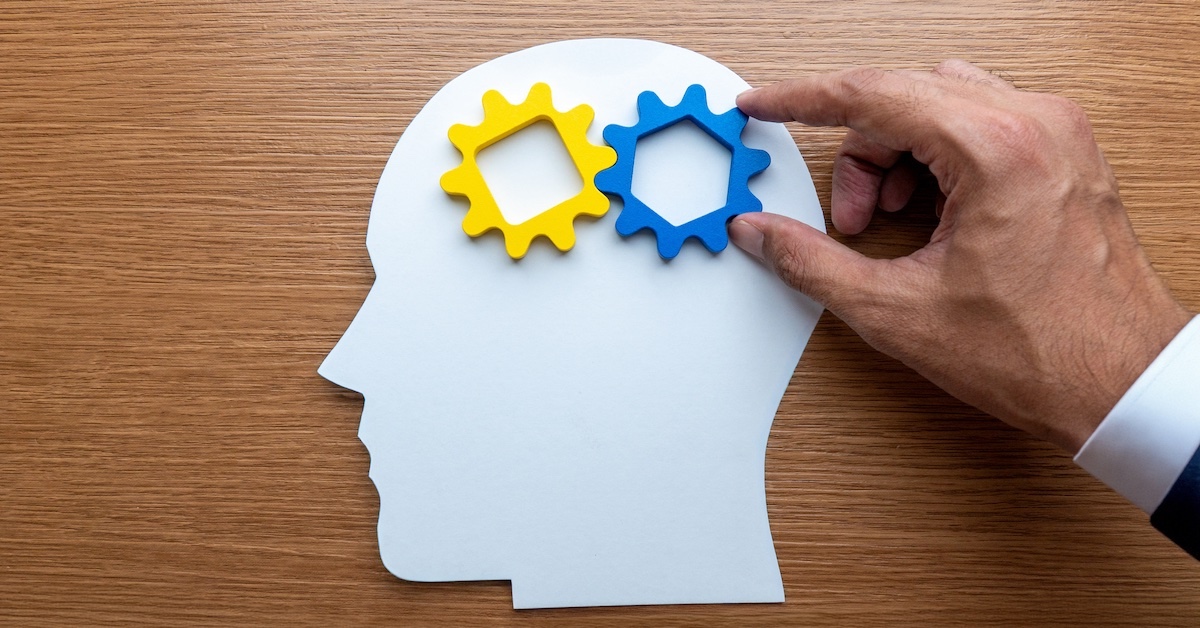New challenges and opportunities are part and parcel as each new generation takes on a notable percentage of the global workforce. In their 2024 World Education Congress (WEC) session, “The Battle Between Baby Boomers and Gen Z” (sponsored by Oak View Group), Michael Owen and Taylor Smith take us along on a journey of multigenerational awareness. In this Q&A, Smith provides some early insights on the subject and what participants can expect.
Your session with Michael Owen is titled “The Battle Between Baby Boomers and Gen Z”—that wording suggests opposing ideas or behaviors. Dropping the combative verbiage, in what ways do you believe Gen Z can best help those from older generations? What unique skills or viewpoints does Gen Z bring to the table?
Gen Z is not afraid to do things differently than previous generations, and their unique approach to life has undoubtedly rocked a few boats. But people who are open-minded enough to consider the things they can learn from the younger generation may be surprised by the potential.
To start, Gen Z is the first truly digital generation, which allowed them the opportunity to develop an understanding and appreciation of technology. Their knowledge of how the digital world works makes them the best generation to learn from when it comes to things like the development of the smartphone, adapting to a workplace using artificial intelligence and even understanding the latest social media trends. Gen Z’s approach to technology can teach older generations how to use technology to their advantage, both in their personal and professional lives. In the workplace, tapping Gen Z’s technology skills can help your company stay up to date with the latest developments, keeping them on the same level as competitors who may be using these new technologies and practices to improve their offerings.
Gen Z is also incredibly adaptable and open to change. Their desire for flexibility goes beyond wanting control over their workplace schedules and manifests in other ways, like having flexibility when it comes to changes to how things are being done or even their own opinions. Gen Z is open to the challenge of trying new things to figure out what works best, and willing to hear other thoughts, ideas and opinions before forming their own. They can teach older generations the benefits of being willing to hear from different perspectives and what’s possible when you’re willing to change how you’ve always done things.
Gen Zers are also very socially and environmentally conscious and reminds us about why it’s important to consider the impact we are making on the community and environment around us. They are inclusive and redefining what diversity, equity, inclusivity and belonging look like every day, holding us accountable for our actions and encouraging us to think long and hard about where and how we can be doing better.
They are a generation that has already changed the world, and I truly believe they will keep doing so.
Will this session address Gen X and Millennials, too? If not, Gen X would like to speak with the manager. Seriously, though, will you and Michael Owen be discussing all of the generations currently in the workforce or will the focus be primarily on the oldest and youngest generations?
Of course, this session will address Gen X and Millennials, too! Just in a bit of a broader sense. Michael and I will set the scene by discussing the two generations we represent and can relate to best—Baby Boomers and Gen Z. We will dive into what makes both of our generations who they are, our similarities, our differences, maybe even a little bit of our own personal experiences and stories. But those discussions and what we learn from them will ultimately lead us to the bigger picture: How can every generation, no matter our differences, focus on our shared values instead to create a workforce in which we are all collaborating and benefiting from what every generation can bring to the table? Even if you aren’t a Baby Boomer or Gen Zer, the answer to that question will ultimately benefit us all.
Scenario: You’re representing Gen Z at a fictional battle of the generations. What do you, speaking for your generation, brag about? What’s the greatest positive trait of Gen Z?
Gen Zers are so welcoming of everyone. They value diversity, which makes them open to building teams with varying backgrounds and perspectives, and they encourage others to be who they truly are without limitations. Gen Zers appreciate their unique qualities and what makes everyone different and special, which makes them a generation full of tons of positive traits and great potential. They are individualistic and proud of it, and when they come together, they make up the most diverse generation to date. That’s a superpower, and I’m proud to be a part that generation.
What does Gen Z need more than anything else to succeed in the meeting and event business?
To succeed in the meeting andevent business, Gen Z needs soft skills more than anything else—things like teamwork, collaboration, communication, adaptability, critical thinking, time management and more. The digital natives are used to depending on themselves (and the internet) to achieve their goals or get what they want, but what they really need to remember is what’s possible when we all work together.
Texting and social media, as well as the pandemic, made face-to-face communication a difficult area for Gen Z to navigate, and as the loneliest generation, that’s one skill we can really benefit from working on, and a skill that’s necessary for success in the meeting and event industry. The more personable and approachable we can be, the more effectively we will be able to work with others to achieve bigger goals, which is what this industry is all about!
Children born in the early 2010s are already identified as a distinct generation, Gen Alpha or Coronials. Looking a few years into the future, are there any specific differences you anticipate will be notable when Gen Alpha beings entering the event industry workforce in the coming decade?
Absolutely. Having been born in 1999, I fall on the older side of Gen Z, but I have a younger sister who was born in 2010, and I can already see major differences between the two of us and the characteristics that make her different as a member of Gen Alpha. Gen Z may be digital natives, but Gen Alpha is even more in touch with everything technology has to offer, and I think they are going to redefine what it means to be hyperconnected.
They are also used to visuals wherever they look, and I think a lot of our event industry is going to reflect this as we start catering to a Gen Alpha audience, whose perception of an event will depend on how many visuals there are for them to interact and engage with. Gen Alpha’s hyperconnectivity has also made them hyperaware of global, social and environmental issues. They are completely checked-in, and their knowledge of world issues and situations are going to help the event industry stay aware of what’s going on worldwide and how we can come together to make positive change. Overall, Gen Alpha is going to push technological development in the industry even further, show us what it really means to be plugged-in and open our eyes to more benefits of a hyperconnected world.
What do you hope attendees take away from your session?
If there’s one thing I hope attendees take away from my session, it’d be just how easy—and powerful—it can be to collaborate with and learn from others who are different from you, generationally, racially, socially, however that may be. When we come together based on our values versus our differences, we have so much more in common with one another than it may seem, and what we can do together is so much greater than anything we could achieve on our own.







